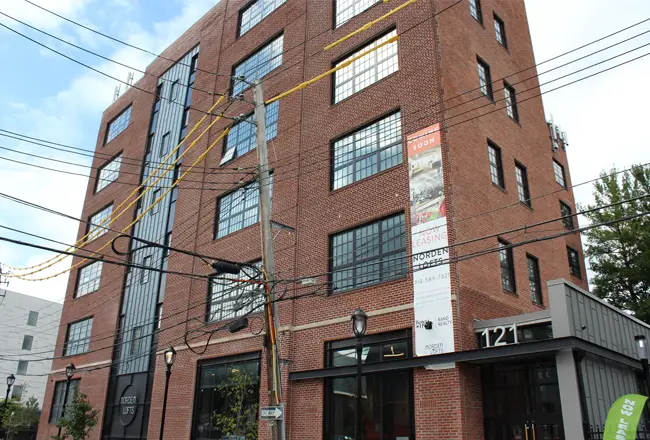A federal judge has denied a request to dismiss Cigna Health and Life Insurance Co.”™s claim that two doctors in Carmel overbilled the company for $915,070 for unnecessary tests.
 U.S. District Court Judge Kenneth M. Karas ruled last month that Cigna had established a “triable issue of fact” on its claims that Drs. Henry L. Rojas and Mitchell K. Rosen committed fraud.
U.S. District Court Judge Kenneth M. Karas ruled last month that Cigna had established a “triable issue of fact” on its claims that Drs. Henry L. Rojas and Mitchell K. Rosen committed fraud.
He dismissed the insurance company”™s claim for unjust enrichment.
In 2013, Cigna”™s special investigations unit reviewed 2 1/2 years of medical claims by the doctors for allergy blood tests. The same type of test was repeated for seven patients.
That pattern was surprising, Cigna alleged, because it would have expected to see no subsequent testing if the test results had been negative. Or, it would see more focused allergy testing if the results had been positive.
Cigna typically approves skin allergy tests that are reimbursed at $1,785 to $2,148. But Rojas and Rosen were billing $7,920 for blood tests. Cigna discovered that the doctors had bought test kits for $425 to $500, and marked up the price by 1,700 percent.
The medical claims were also submitted under a code that inaccurately described the service.
Cigna demanded repayment of $844,335 and notified the doctors that their insurance coverage would be terminated.
The doctors sued Cigna to stop the termination and to recoup their payments. They argued that Cigna had 30 to 45 days to deny claims under a federal labor law, but had challenged the payments years after they had been submitted.
“Notably, no fraud or deceit was alleged concerning any of these claims,” Rojas said in an affidavit. “Rather, Cigna merely changed its mind as to its prior claims determinations and simply demanded merely a million dollars.”
He said Cigna”™s demand for reimbursement could destroy the small Putnam County medical practice, and losing Cigna”™s insurance coverage would affect 15 percent of its patients and revenue.
Cigna responded that fraud was indeed the core reason for terminating the agreement.
The district court rejected the doctors”™ request for a temporary restraining order and preliminary injunction. The U.S. Second Circuit Court of Appeals affirmed the decision, ruling that the doctors did not have standing under the federal labor law.
Cigna countersued, alleging fraud, unjust enrichment, “money had and received” and breach of contract.
Rojas and Rosen asked the court to dismiss Cigna”™s counterclaims.
The crux of the insurer”™s allegations, Karas ruled, is that the doctors surreptitiously submitted claims for an experimental and unproven blood test that was not covered by their agreement with Cigna. An intent to defraud can be inferred from the undisputed fact that they charged 17 times more than the actual costs of the services, which is not allowable under New York law, and they misrepresented the tests by using the wrong billing code.
But Cigna”™s accusations of unjust enrichment and “money had and received” were governed by its contract with the doctors. No one challenged the validity of the agreement, Karas said, so those charges are dismissed.
Cigna is represented by Andrew Levchuk, of Bulkley, Richardson and Gelinas of Springfield, Massachusetts. Roja and Rosen are represented by Harold Joseph Levy of the Quadrino Law Group in Melville, New York.


















